Here’s what you need to know about the novel coronavirus disease COVID-19
The World Health Organization has settled on a name for the disease caused by the outbreak of a previously-unknown coronavirus. The disease is called COVID-19.
The COVID-19 outbreak has infected roughly 90,000 people around the world, though slightly more than half—nearly 45,400 people—have recovered from the virus. More than 3,000 people have died.
The new name, which stands for coronavirus disease 2019, was chosen by the World Health Organization to avoid implying any association with people, places, or animals.
“Having a name matters to prevent the use of other names that can be inaccurate or stigmatizing,” said Tedros Adhanom Ghebreyesus, the director-general of the World Health Organization, in a press conference. “It also gives us a standard format to use for any future coronavirus outbreaks.”
Coronaviruses are a large family of viruses that can have symptoms ranging from those of a mild cold to severe pneumonia. Most adults have likely caught some form of coronavirus, spent a week or two with a runny nose and a cough, and then recovered. Symptoms of COVID-19 can range from mild to severe respiratory illness, including fever, cough, and shortness of breath.
Researchers are working to develop treatments and vaccines that could help control the current outbreak. But there are simple tips that will help protect you from any respiratory disease, including COVID-19. Here are a few:
DO!
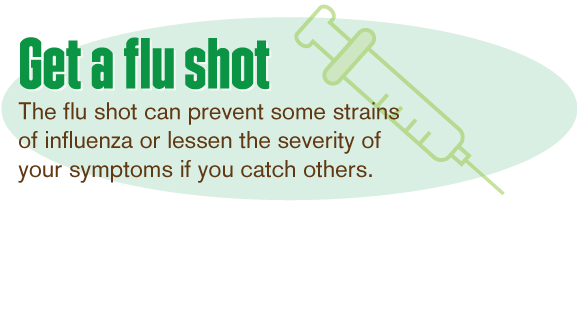
Influenza is a pandemic from which you can protect yourself, says Neil Maniar, a professor of practice who directs Northeastern’s Master of Public Health program. “When we look at the number of cases of influenza just in [the United States], the number of deaths from influenza far, far, far overshadows the morbidity and mortality associated with coronavirus.”
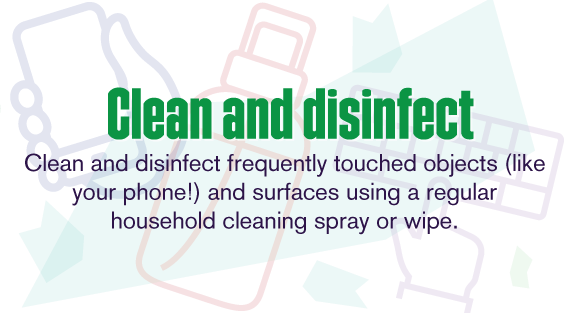
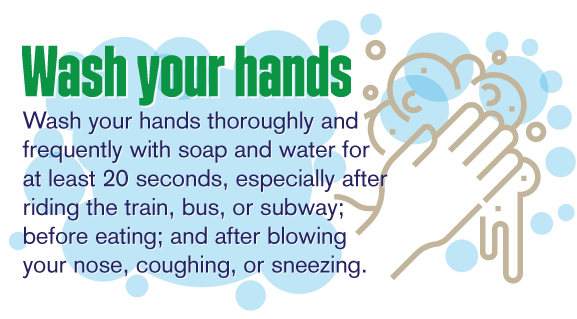
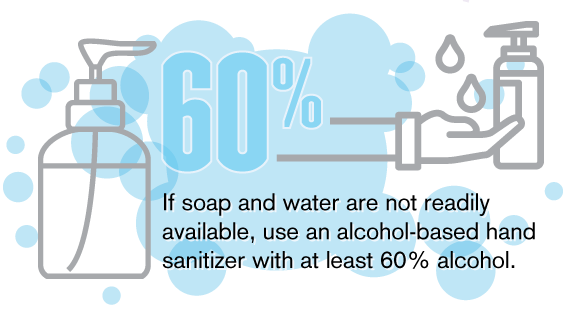
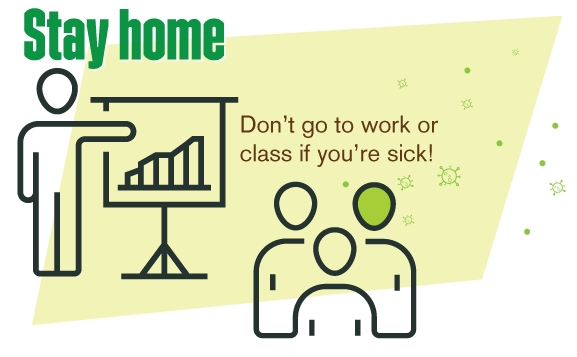
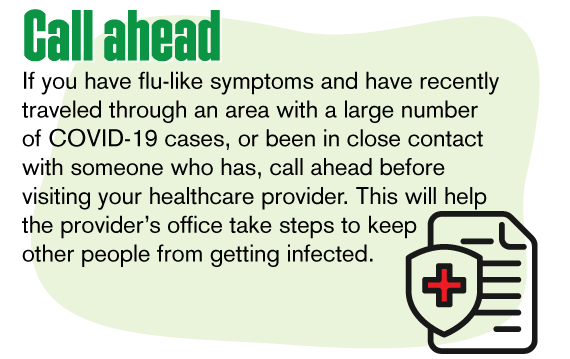
DON’T!
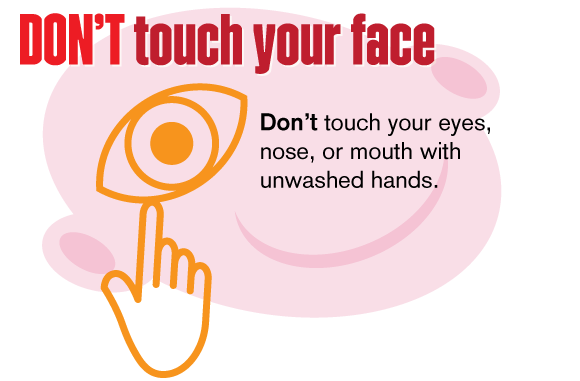
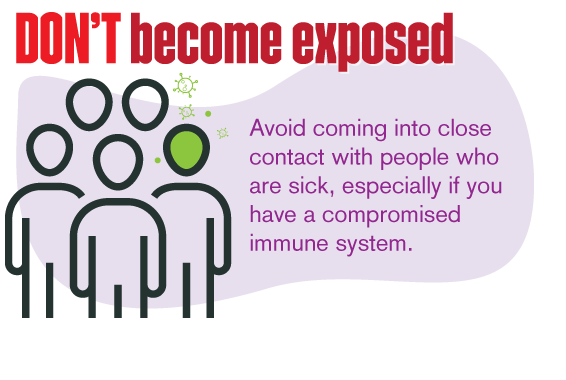
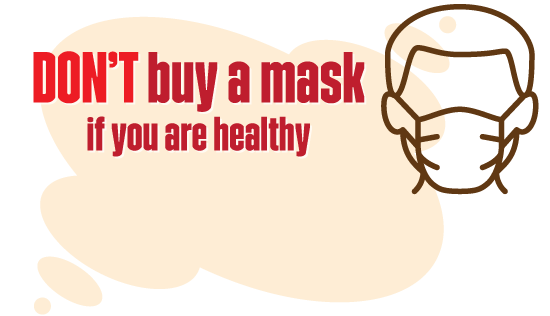
Worn correctly and changed frequently, a mask can keep a sick person from spreading an illness. “But if the goal is to protect yourself from the pathogens that are around you, and especially viral infections, then it’s probably going to have limited effectiveness,” Maniar says. And hoarding masks can create shortages for healthcare professionals who need them.
DO!

Influenza is a pandemic from which you can protect yourself, Maniar says. “When we look at the number of cases of influenza just in [the United States], the number of deaths from influenza far, far, far overshadows the morbidity and mortality associated with coronavirus.”





DON’T!



Worn correctly and changed frequently, a mask can keep you from spreading an illness. “But if the goal is to protect yourself from the pathogens that are around you, and especially viral infections, then it’s probably going to have limited effectiveness,” Maniar says.





